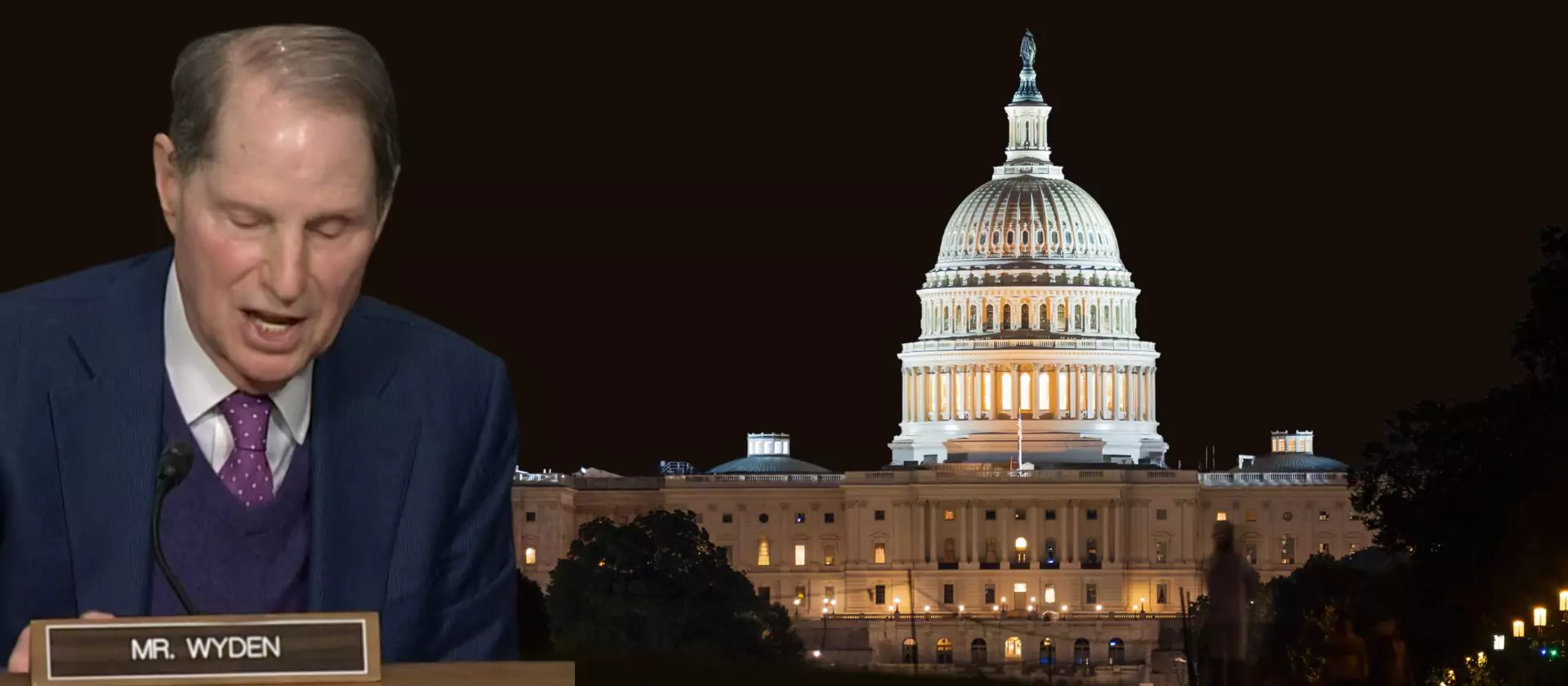If two people earn the same amount, they should pay the same tax rate. That’s a bedrock principle of tax fairness. Oregon had long lived by this rule, until one shameful day six years ago today. On October 2, 2013, the Oregon legislature abandoned this basic notion of tax fairness, favoring rich business owners at the expense of every Oregonian whose income comes from a paycheck.
In the fall of 2013, then-Governor John Kitzhaber convened a special legislative session. The session came to be known as the “Grand Bargain,” as it bound together four big pieces of legislation: cuts to the Public Employee Retirement System (PERS), an increase to school funding, a preemption of local regulations of genetically modified organisms, and a tax package.
Tucked inside the tax package was a new, lower set of tax rates to be enjoyed by a narrow class of Oregonians. This tax advantage extended only to some owners of certain “pass-through” businesses — partnerships, limited liability companies, and S-corporations. By definition, it offered nothing to Oregonians who depend on a paycheck to pay their bills.
It was clear from the outset the inherent unfairness in this tax proposal. As the Oregon Center for Public Policy explained, it would be a costly tax break that would flow to the rich. It would also benefit some business owners at the expense of working Oregonians. Then Rep. Brent Barton — someone who stood to gain from the tax change — drove home the inequity of the tax proposal in a powerful speech on the House floor:
“I will be paying 7 percent income taxes. My secretary Barb is gonna continue to pay 9 percent taxes. Why? How is that fair? . . . What is the message that this legislature is sending when we cut my taxes 20 percent, we cut taxes on thousands of lawyers, doctors, lobbyists, accountants on the same day that we are reducing benefits to retirees. What is that message we send? There’s nothing “grand” about it. And it’s certainly not a bargain. It is not the Oregon way.
But the warnings of Rep. Barton and other critics of the tax proposal failed to carry the day.
As predicted, the preferential tax structure for owners of pass-through businesses has been a costly giveaway to the rich. Its price tag is expected to reach $300 million in the current budget period— resources that could bolster funding for affordable housing, the Earned Income Tax Credit, and other priorities. In 2017, the year with the most recently available data, more than nine out of 10 dollars of tax savings from the lower tax rates on pass-through income went to Oregonians making more than $200,000 per year. But that’s not all. A whopping 69 percent of the tax benefits flowed to Oregonians making more than half-a-million dollars a year.

In 2017, it appeared that the Oregon legislature had finally woken up to the tax injustice. A bill significantly paring back the tax break made it through the Oregon House. But sadly, the bill never made it to a vote on the Senate floor, as the session adjourned with the bill gathering dust on the desk of Senate President Peter Courtney.
Rather than reduce the tax break, the legislature has gone in the opposite direction — furthering the gap between the rich and everyone else. In the spring of 2018, Gov. Kate Brown called for a one-day special legislative session. The sole purpose of the session was to extend the preferential tax rates on pass-through income to sole proprietors, a group of business owners excluded under the 2013 legislation. While the Governor was no doubt right that the pass-through income tax break discriminated against one type of business owner, her proposal disregarded the larger, more fundamental inequity of treating workers as second-class citizens for tax purposes.
The 2019 legislative session once again saw an effort to shrink the tax break for pass-through income. And once again, the legislature snubbed all working Oregonians by leaving this inequitable policy in place.
It’s high time that the Oregon legislature eliminate the two-tier tax system. It’s time to say that a dollar earned is a dollar earned, no matter whether you’re the boss or the worker. It’s time to repeal the tax break on the profits of rich business owners and restore tax fairness.





